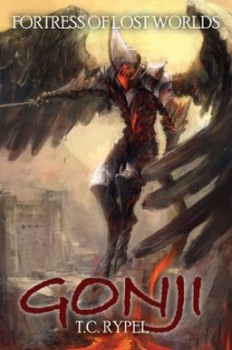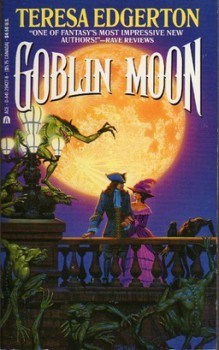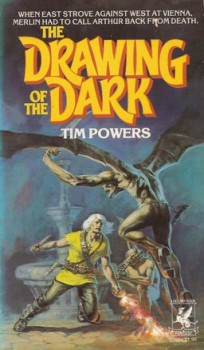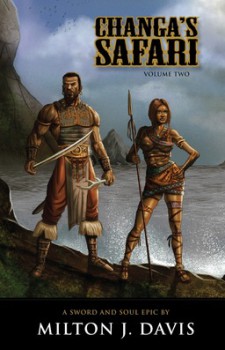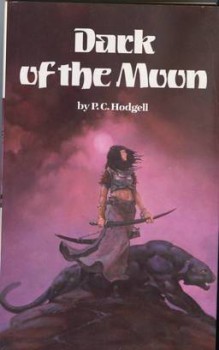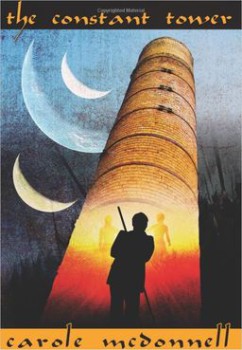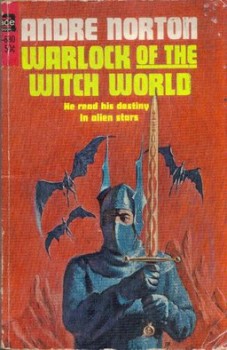August Short Story Roundup
 Five weeks off have done a lot to recharge my batteries. Among other things, I actually read several books that are not swords & sorcery in the slightest. Among them were Tinker, Tailor, Soldier, Spy and The Honourable Schoolboy by John LeCarre (rereads both), The Children of Old Leech edited by Russ Lockhart and Justin Steele, Killer Move by Michael Marshall, and Miami Blues by Charles Willeford (also a reread). I recommend all of them highly.
Five weeks off have done a lot to recharge my batteries. Among other things, I actually read several books that are not swords & sorcery in the slightest. Among them were Tinker, Tailor, Soldier, Spy and The Honourable Schoolboy by John LeCarre (rereads both), The Children of Old Leech edited by Russ Lockhart and Justin Steele, Killer Move by Michael Marshall, and Miami Blues by Charles Willeford (also a reread). I recommend all of them highly.
I also read the first of Rafael Sabatini’s Captain Blood books, Brethren of the Main, and am in the midst of reading The Chronicles of Captain Blood. I can place the revival of my obsession with pirates at Howard Andrew Jones’s and my seven-year-old nephew’s feet. These are books you will definitely be hearing about in the near future.
But enough blather; I’m here to fill you in on the past month’s S&S shorts. Between Swords and Sorcery Magazine #31 and Heroic Fantasy Quarterly #21, six new stories made their appearances this past August. You may not love every story or even the ones I do, but I can never stress strongly enough the need to check them out for yourself. The authors and editors need to know there’s an audience for the work they’re doing.
As he has every month for the past two and half years, Curtis Ellett presented two new stories in his most recent issue of Swords and Sorcery Magazine. In the first, “Red Cat’s Marriage” by Melanie Henry, the skillfully manipulative daughter of a king brings dire consequences down on herself when she tricks a man into marriage. While well written, it’s not suspenseful nor really fantasy, let alone swords & sorcery.

Paul Miller’s “A Promise Made” is nice meat-and-potatoes S&S. It’s right on target, giving the reader a heroic sword-wielding main character, a dangerous world filled with deadly denizens, and innocents in peril needing rescue. The Blademistress is a supernaturally gifted warrior working as a guard on a caravan in a world that has fallen to the forces of darkness. She’s determined and more than ready to do whatever is necessary to honor her promises — even to the point of death. Among the many evils haunting her world are the Fallen.
